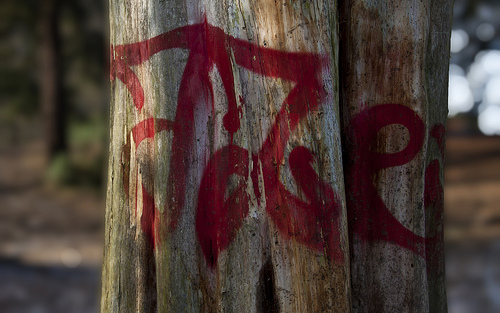For many of us in the UK, working for the weekend is a way of life – making Friday through to Sunday a time to relax and blow off some steam. You’ve done a hard week’s worth of work, perhaps been on the school run too and have generally been buzzing around busily since Monday morning. After five days of hard graft, you feel you deserve a treat and quite possibly a well-earned drink!
Unfortunately though, for many of our towns and cities, this common weekend blow-out can lead to violence, chaos and even bloodshed. We have all seen it, binge drinking that leads to midnight brawls; yobbish behaviour from youths and disorderly conduct outside nightclub entrances. This weekend binge epidemic is still a major issue for us in the UK, despite the efforts of numerous Government campaigns and statistics suggest the problem isn’t getting any better.
The Facts and Figures
In the years 2011-2012 there were over 1 million hospital admissions directly related to drinking; an increase of 135% from 10 years previous. It is estimated that just under half of all violent incidents in the UK are influenced by alcohol and that alcohol-related crime costs us approximately £11 billion each year. Alcohol is also one of the biggest causes of accidents, especially within the home, due to the effect it has on balance and co-ordination. Here are some more facts to surprise you:
- Alcohol is a factor in 1 in 3 sexual offences and burglaries
- Approximately 40% of all weekend Accident & Emergency (A&E) admissions are alcohol related
- Between 12-5am a massive 70% of all A&E attendances are alcohol-related
- Alcohol related incidents make up roughly 35% of all ambulance costs
The most common alcohol-induced A&E admissions relate to violent assault, road traffic accidents and psychiatric emergencies. Most violent crimes or severe accidents will lead to some form of bloodshed or body fluid spill. Dealing with the victim is just the beginning of the clean-up process as there is also risk of blood-borne diseases from the accident area itself. Until the entire area is cleaned of blood and other bodily fluids, a potential hazard still exists to the public and businesses surrounding the incident. For protection and health purposes only designated and professional firms should take care of jobs like this.
Body Fluid and Hazardous Contamination
There are four main types of bodily fluid, all of which present their own specific risks and hazards:
-
Vomit –
Extremely common on a Friday and Saturday night as youths down surplus amounts of alcohol with very little consideration. Vomit is unsightly and smells awful, making others feel uncomfortable and nauseous.
-
Saliva –
Although spitting is disgusting, saliva poses no serious threat unless it contains blood. Then there can be a risk of a more serious infection.
-
Faeces –
As disgusting as it sounds, we are more likely to come into contact with others’ faecal matter and urine more than any other bodily fluid. Bacteria and other nasty pathogens live in excremental matter, which can cause infection and harm to our immune systems.
-
Blood –
The most hazardous substance to the health of others. HIV and hepatitis are just two examples of serious diseases that can be transmitted through blood. Although the risk is low, any potential transmissions can cause lifelong complications and reliance on medication. Hence why it is best to call in a professional team of cleaners when dealing with blood spill.
Hats Off to the Specialist Cleaners
The type of contamination will largely define what methods are used to treat the affected area. In most cases, speed is essential to successfully eliminate any risk of contamination and further problems. So whilst a huge portion of our population is burying their drunken faces in takeaway wrappers on the way home, professional and specialist cleaners are putting themselves at risk to clean-up the mess they have left behind. Clad in Personal Protective Equipment (PPE), these dedicated souls will isolate an affected area and use a medical grade disinfectant to eliminate all bacteria and viruses.
Whilst this is good business for our cleaners, it is a sorry state of affairs for our country. How long will we go on cleaning-up and masking the problem of binge drinking? How many more people must be put at risk with the spillage of bodily fluids? Will the Government introduce any more regulations that will try to combat our obvious drinking problems? Who knows? One thing is for certain – we can’t keep on patching the problem up and hiding it away more much longer.
Featured images:
License: Creative Commons
image source
Ian Steele is a professional writer and an editorial co-ordinator for CleanSafe specialist cleaning services. He is a strong believer that the UK Government is not doing enough to combat the obvious drinking problems we face on a daily basis.





